Campus life in American higher education has always thrived on student participation, leadership, and activism. Recently, however, changes to the Federal Work-Study (FWS) program introduced by the Department of Education have sparked concern. Institutions and students alike are grappling with the implications for civic engagement and political expression on campus.
What the New Policy Entails
The revised guidelines prohibit student employees funded through FWS from engaging in advocacy activities during work hours. Colleges must now ensure positions exclude political involvement such as organizing rallies, distributing literature, or supporting campaigns. Instead, student roles must focus strictly on academic assistance, clerical work, or community outreach without partisan messaging.
Campus Adjustments to Implementation
At Cedar Valley College in Oakbridge, nearly sixty FWS students were reassigned from advocacy workshops to tutoring and clerical tasks. Riverside State University in Meadowville redirected close to fifty students from event promotion to career coaching. These changes illustrate how quickly administrators are reshaping roles to comply with the revised federal directive.
Rationale Behind the Change
Department of Education officials argue the adjustment ensures taxpayer dollars support education rather than politics. Federal funding, they emphasize, should not be tied to partisan activity. The move reflects a broader effort to maintain neutrality in aid programs, reinforcing the principle that FWS should directly support learning and community service.
Preserving Program Integrity
By barring political tasks, the department aims to safeguard FWS’s core purpose—financial support tied to educational growth. Proponents believe the update clarifies expectations, reducing confusion over permissible duties. For federal administrators, drawing this boundary ensures universities remain compliant and avoid accusations of using federal aid to indirectly support activism.
Student and Campus Reactions
Not all institutions agree with the approach. At Northshore University in Crestview, students organizing town-hall protests were cautioned their FWS-funded involvement could violate the new policy. Meanwhile, East Valley College in Pinewood lost its peer-mentoring program for first-generation students, which previously emphasized civic engagement and served over one hundred mentees annually.
Shifts in Campus Programming
Some universities are redirecting FWS students into neutral community roles. At Anchorage University, students historically involved in voter registration drives now staff food pantry programs. While community support remains valuable, students argue the redirection diminishes opportunities to develop civic leadership skills and weakens campus culture around democratic participation.
Pushback and Advocacy
Across campuses, student governments are voicing concerns. In Brookfield, a coalition petitioned the Department of Education to reconsider, emphasizing that civic engagement is integral to democratic education.
A Liberty State University survey revealed nearly 80 percent of respondents believed advocacy programs enriched their leadership development, underscoring the perceived loss for student communities.
Administrative Support for Compliance
Some university leaders, however, welcome the clarity. Administrators at Greenwood University view the change as simplifying compliance, reducing risks of audits or penalties. They argue clearer lines between academic support and political activism help financial aid offices manage responsibilities without navigating gray areas that previously complicated the use of FWS funding.
Exploring Alternatives
To sustain activism, campuses are experimenting with alternatives. At Riverside State, students now rely on activity-fee grants instead of FWS payroll for civic projects. Cedar Valley students continue voter workshops on a volunteer basis. Coastalport universities are building independent funding channels for civic engagement, from alumni donations to nonprofit partnerships.
Long-Term Implications
The policy shift may reshape how students access leadership opportunities. While activism will not disappear, compensated roles tied to civic involvement may dwindle.
Unpaid volunteerism could become the primary option. This risks excluding students with financial constraints, inadvertently reducing diversity in political engagement and narrowing the range of campus voices represented.
Equity Concerns
Students from underrepresented backgrounds may be disproportionately affected. Those who depend on work-study wages cannot afford to volunteer, potentially silencing perspectives essential for inclusive democracy.
Without alternative funding, the new rules may unintentionally widen participation gaps and limit pathways for marginalized students to build leadership skills through advocacy work.
The Department of Education’s policy change marks a turning point for campus activism and student employment. While intended to preserve neutrality, its ripple effects threaten civic opportunities nationwide.
The challenge for colleges now lies in finding creative funding solutions to protect student voices, ensuring higher education remains a space for democratic growth.

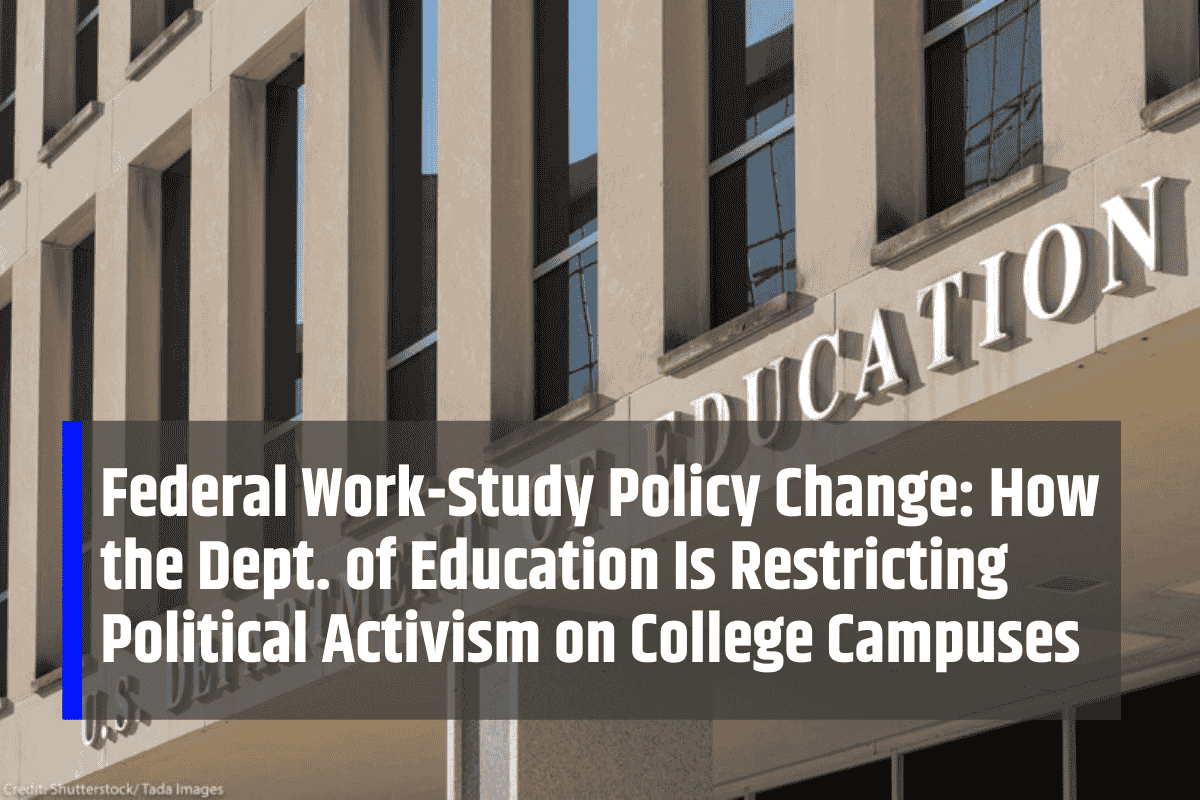
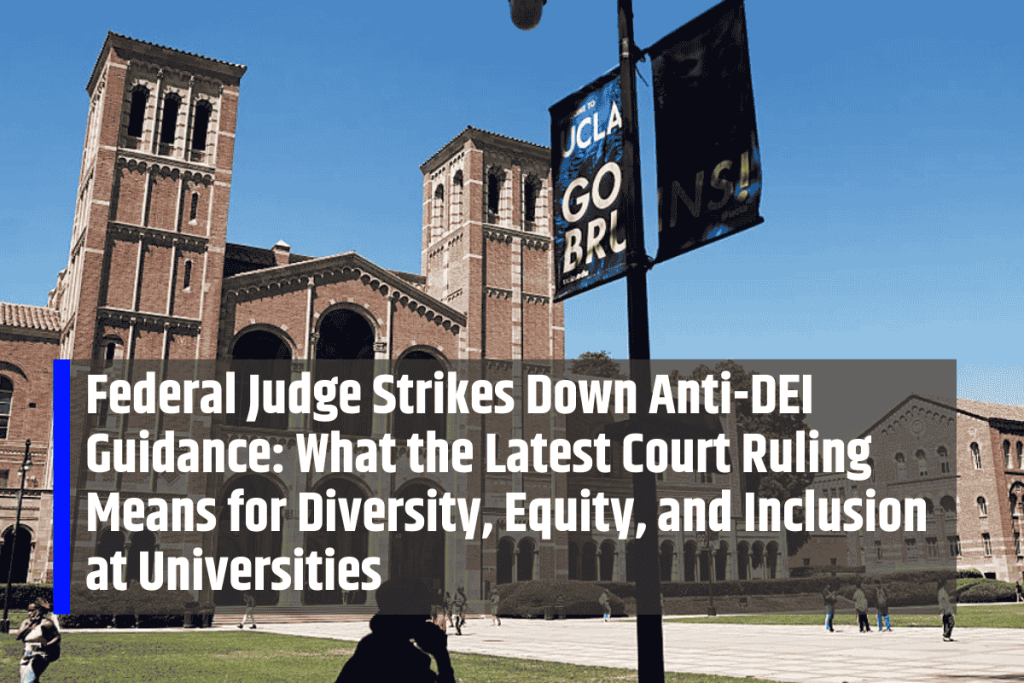
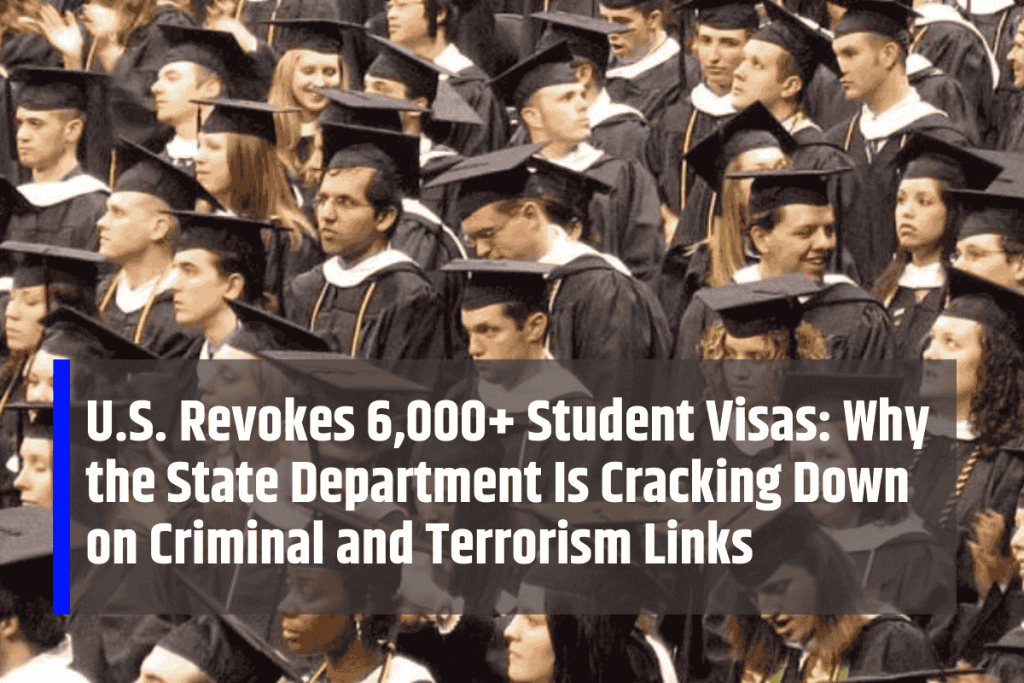
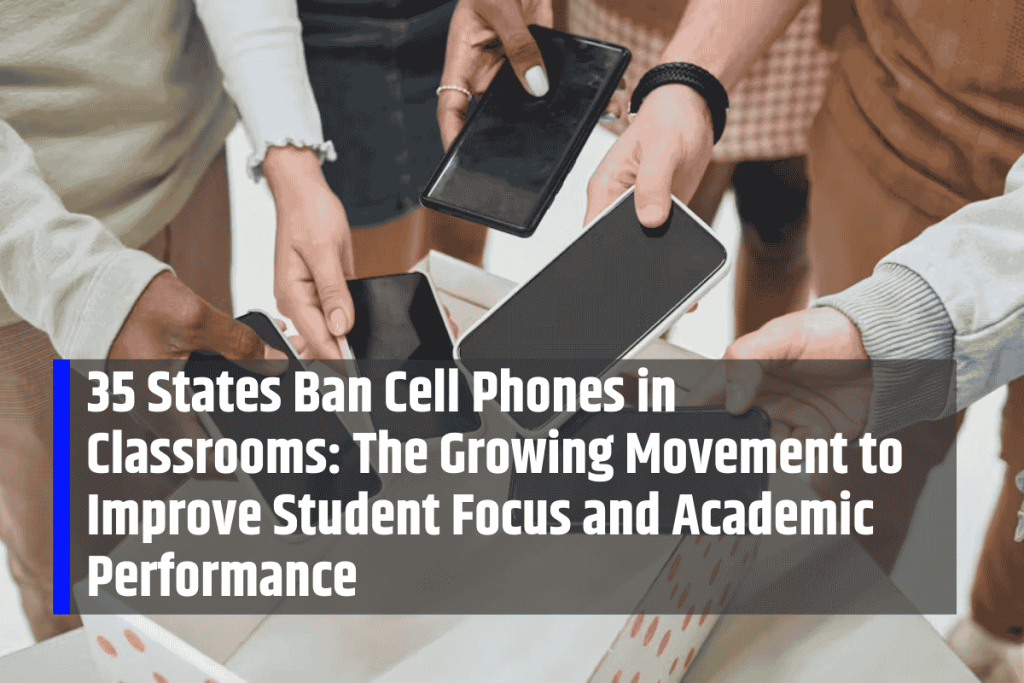

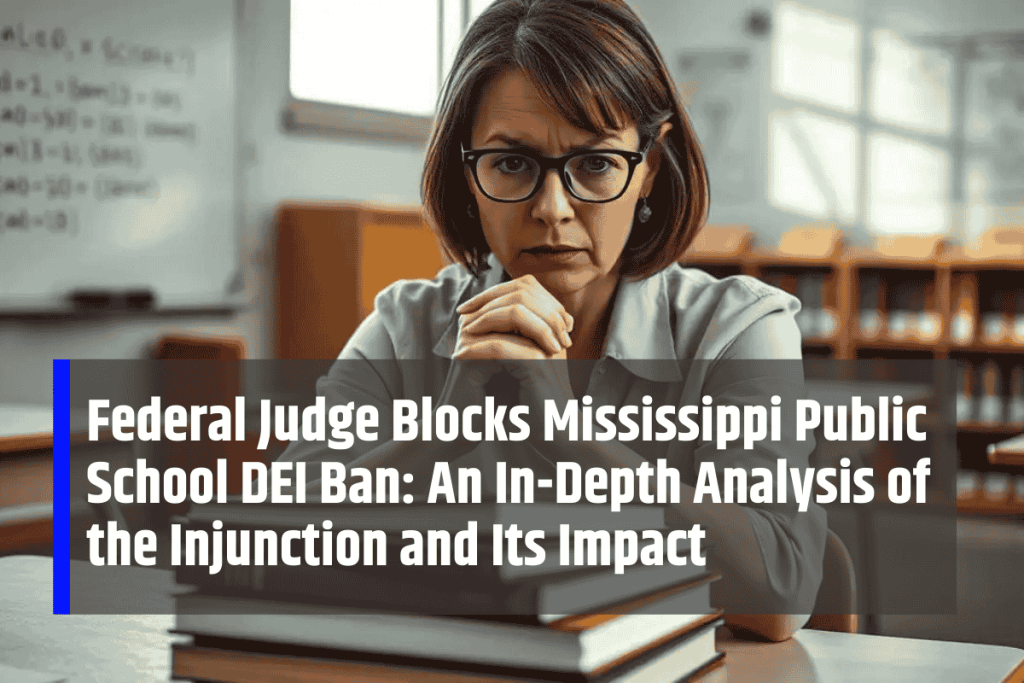
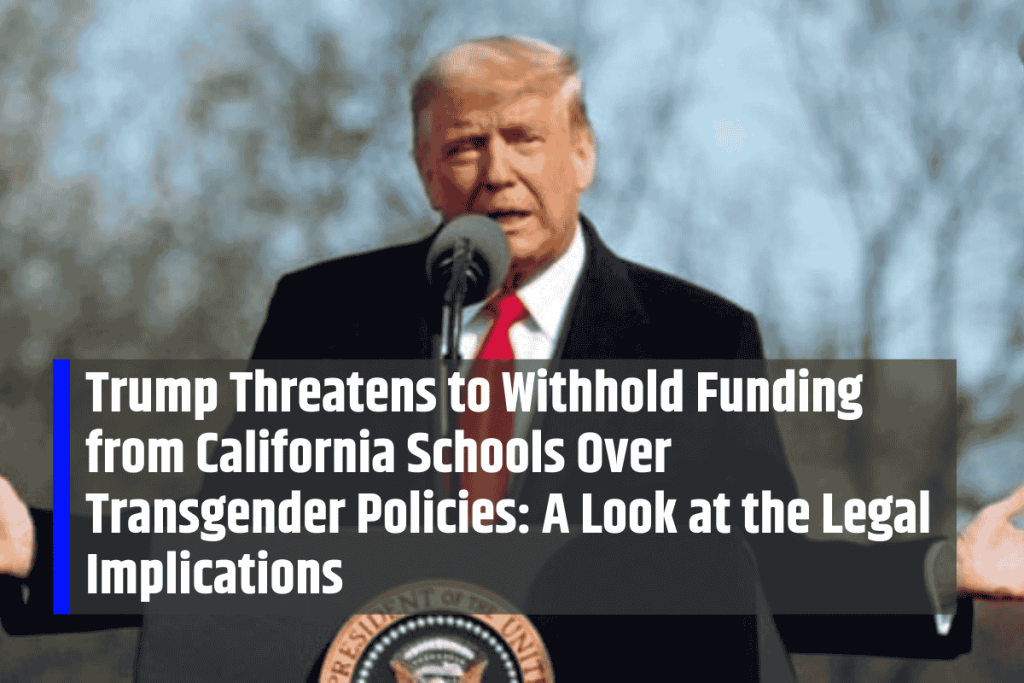
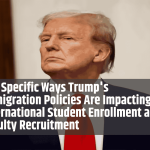

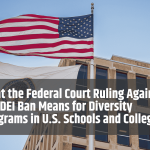
Leave a Comment